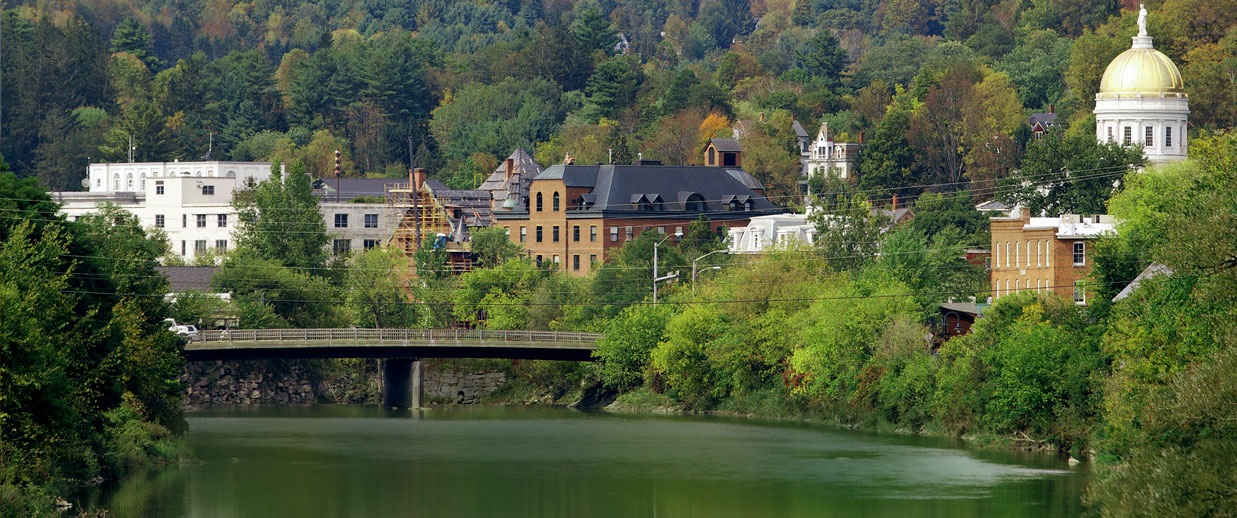In 2008, the Vermont College of Fine Arts, a Vermont nonprofit, purchased the real estate and other assets of Union Institute and University located in Montpelier. The College planned to use only a portion of the campus for its own operations, and to lease its unused space. In 2012, the College agreed to rent the first and second floors of Schulmaier Hall (approximately two-thirds of the available space in the building) to the State of Vermont for an annual rent of approximately $400,000. The lease had an initial term of two years, and provided the State an option to renew for an additional two years. The State occupied the leased space during the 2013 and 2014 tax years, and the College used only a portion of the basement, primarily to house electronic communications and switching equipment.
On these facts, the Montpelier City Assessor notified the College that Schulmaier Hall was not exempt. The College filed a complaint for declaratory judgment, but did not grieve or appeal the City Assessor’s decision.
The City, represented by Bob Fletcher and Eric Derry, and the College each moved for summary judgment. The College claimed that exhaustion of the administrative appeal process was not required and that Schulmaier Hall was exempt either as a “public school” or, as a property devoted to “public use” based on its non-profit ownership and occupancy by the state government. The City argued that failure to exhaust the administrative remedies deprived the court of subject matter jurisdiction and that, in any event, the use of Schulmaier Hall failed to meet the requirements for either of the claimed exemptions. The Superior Court Civil Division granted summary judgment in favor of the City on all issues.
On appeal, the Supreme Court noted first that the exhaustion requirement “serves the dual purposes of protecting the authority of the administrative agency and promoting judicial efficiency.” It held, therefore, that a local board of civil authority has statutory authority to decide exemptions from taxation, and that exhaustion is required before resorting to the courts.
The Supreme Court also held that college property rented to unaffiliated tenants precludes exemption for the property as “lands owned or leased by colleges, academies or other public schools.” Citing the companion cases of Burr & Burton Seminary v. Town of Manchester, 172 Vt. 433, 782 A.2d 1149 (2001) and Berkshire Sch. v. Town of Reading, 172 Vt. 440, 781 A.2d 282 (2001), the Court held that the “public schools” exemption is precluded regardless of the fact that the rental revenues are used to further an educational purpose.
Finally, the unanimous Court clarified the nexus between a nonprofit owner and an unaffiliated nonprofit (or nontaxable) tenant under the test established in American Museum of Fly Fishing, Inc. v. Town of Manchester, 151 Vt. 103, 557 A.2d 900 (1989). It noted that its prior decisions had endorsed exemption of property involving nonprofits only where they shared a single nonprofit mission. It reaffirmed the “single mission” holding, essentially limiting exemption to cases where the nonprofit tenant is a subsidiary sharing a single nonprofit mission with the owner.
A copy of decision is available here: Vermont College of Fine Arts v. City of Montpelier, 2017 VT 12
For additional information regarding property taxation and issues of exemption, please contact our office.

